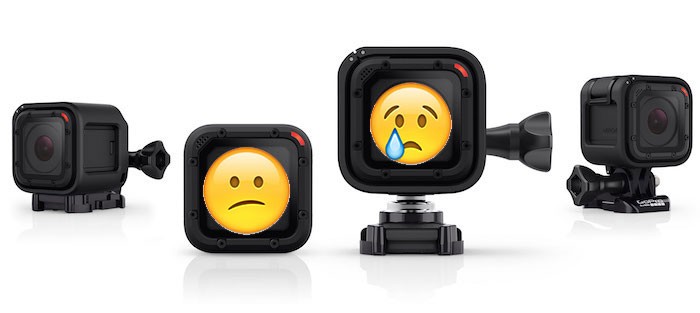
GoPro announced today that its sales for the fourth quarter of 2015 were lower than expected even with an overall $435 million in revenue. GoPro noted that the lower revenue also reflects a $21 million reduction in price protection related charges due to dropping the HERO4 Session down to $199. [Read more…]


